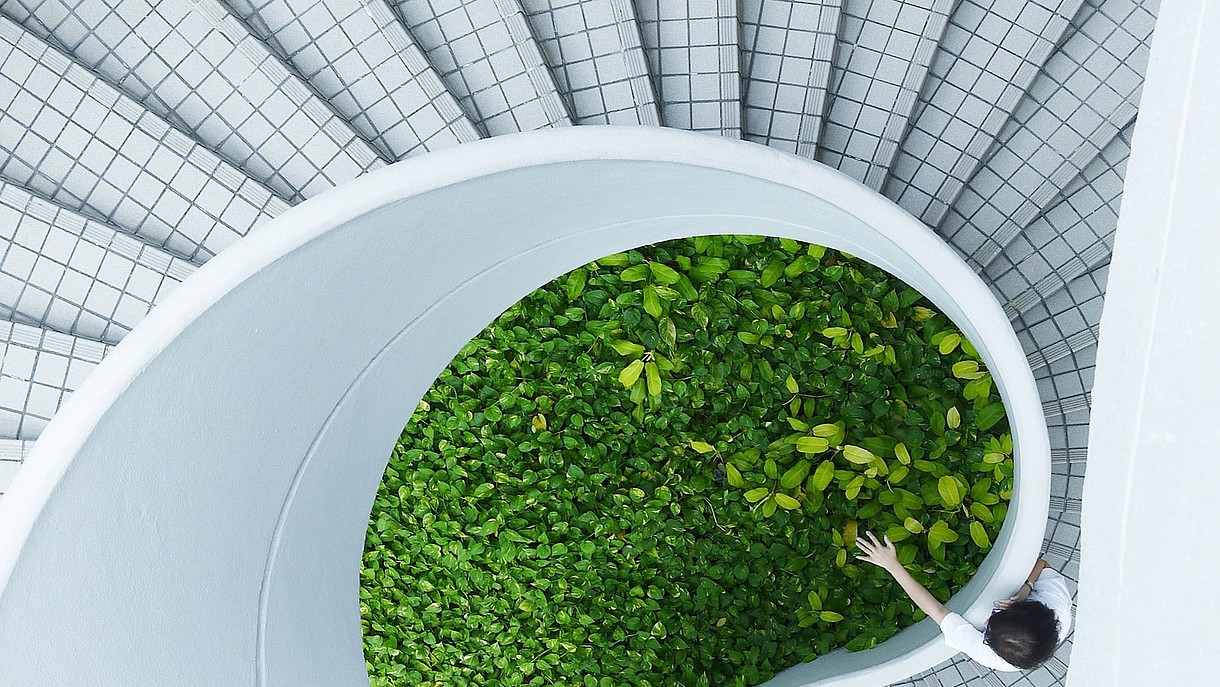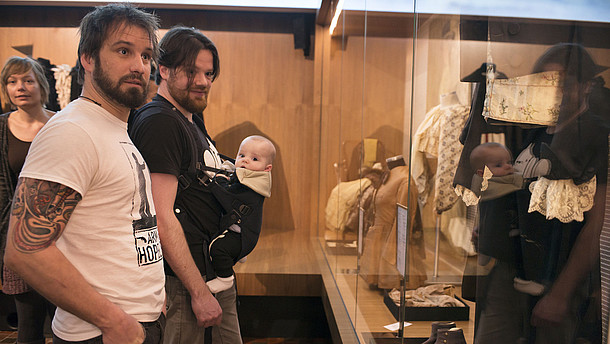After the successful collaboration between NEMO and ICCROM for last year’s training Unlocking the power of museums for Sustainable Development, the second edition of the online workshop will continue to explore how museums can implement the UN Agenda 2030 and its 17 Sustainable Development Goals (SDGs), this this year with a certain focus on human rights, inclusion and diversity.
NEMO and ICCROM are collaborating on the 4-part training series to develop capacity in museum workers to fully understand sustainable development and the SDGs, to formulate key SDG-oriented challenges or aspirations to be addressed through their collections-based work, and to make and successfully implement a plan to put their ideas into practice. Apply until 7 April for the chance of joining.
The Agenda and SDGs are based on the principles of human rights for everyone, Leave No-one Behind (prioritising the needs of those most under-served in society), and gender equality, as well as protecting and restoring the natural environment. Museums can play many roles in this Agenda, through caring for and providing access to collections, education, public participation, creating jobs, training, partnerships, research and more. They also need to manage their negative impacts, for example heavy use of natural resources, and where they marginalise and exclude people. Sustainable development approaches help us to "do more good and do less harm", focusing on addressing the big challenges facing people and nature locally and globally.
The workshop will draw on resources created by ICCROM’s Our Collections Matter initiative, notably the online Toolkit, an open-access resource including over 400 practical tools gathered from the heritage sector and beyond.
Outline of workshop programme:
- Agenda 2030 and the Sustainable Development Goals: how they relate to the work of museums. Understanding national and local challenges; recognising how your organisation contributes positively and negatively to sustainable development.
- Deciding on your sustainable development challenge/aspiration: setting goals and developing plans, using the Sustainable Development Goal targets.
- Finding useful tools to support your project: exploring the Our Collections Matter toolkit. Identifying relevant actors from your context to engage with.
- What you are going to do: consolidate and share your commitments and plans.
Practical information
Selected participants are expected to join each of the four sessions on 5, 12, 19 and 26 June 2024 that all will take place from 10:00-12:30 CEST. People connected to NEMO member organisations are given priority and participate in the online training free of charge. Other people working within the museum sector are eligible to participate to a fee of 100 euro.
- Apply by sending a statement of motivation and CV stating your role. Members also need to include proof of membership in NEMO (membership number).
- Find more information in the call for applications.
- Deadline to apply: 7 April 2024.
Meet the facilitators
Henry McGhie
Curating Tomorrow
Henry has a background as an ecologist, museum curator and manager. He runs the UK-based consultancy Curating Tomorrow and works as a consultant on ICCROM’s Our Collections Matter programme.
José Luiz Pederzoli Jr.
Unit Manager, Strategic Planning at ICCROM -International Centre for the Study of the Preservation and Restoration of Cultural Property
Background in polymer chemistry and paper-based heritage. Conservation scientist at the Netherlands Institute for Cultural Heritage (1997-2003) and ICCROM (2005-2008). International work on risk management for cultural heritage since 2005. Manages since 2018 ICCROM’s Strategic Planning Unit and a portfolio of projects on heritage collections, risk management and sustainable development.




